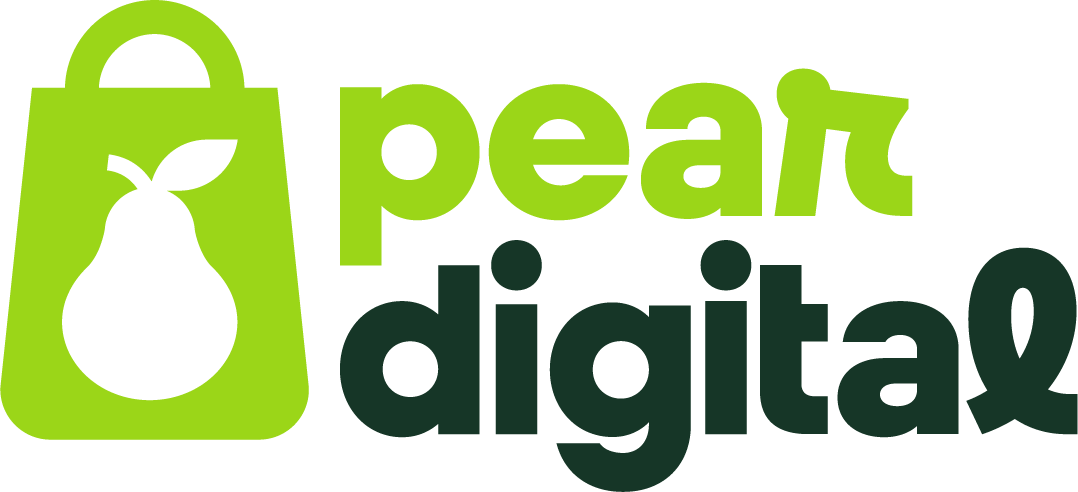STRATEGIC USE OF PERFORMANCE MAX CAMPAIGNS: HOW WE MAXIMISE REACH & ROI
Learn how to use Google Performance Max campaigns strategically to boost ROI, automate ads, and maximise reach across all Google channels.
HARNESSING AI: HOW SHOPIFY’S ‘MAGIC’ IS TRANSFORMING E-COMMERCE
Learn how to use Google Performance Max campaigns strategically to boost ROI, automate ads, and maximise reach across all Google channels.
THE FUTURE OF ROAS
As of October 2022 our conclusion is that you are best replacing ROAS with a more balanced set of metrics. However, there are good reasons to still check in with your return On Ad Spend every so often.








